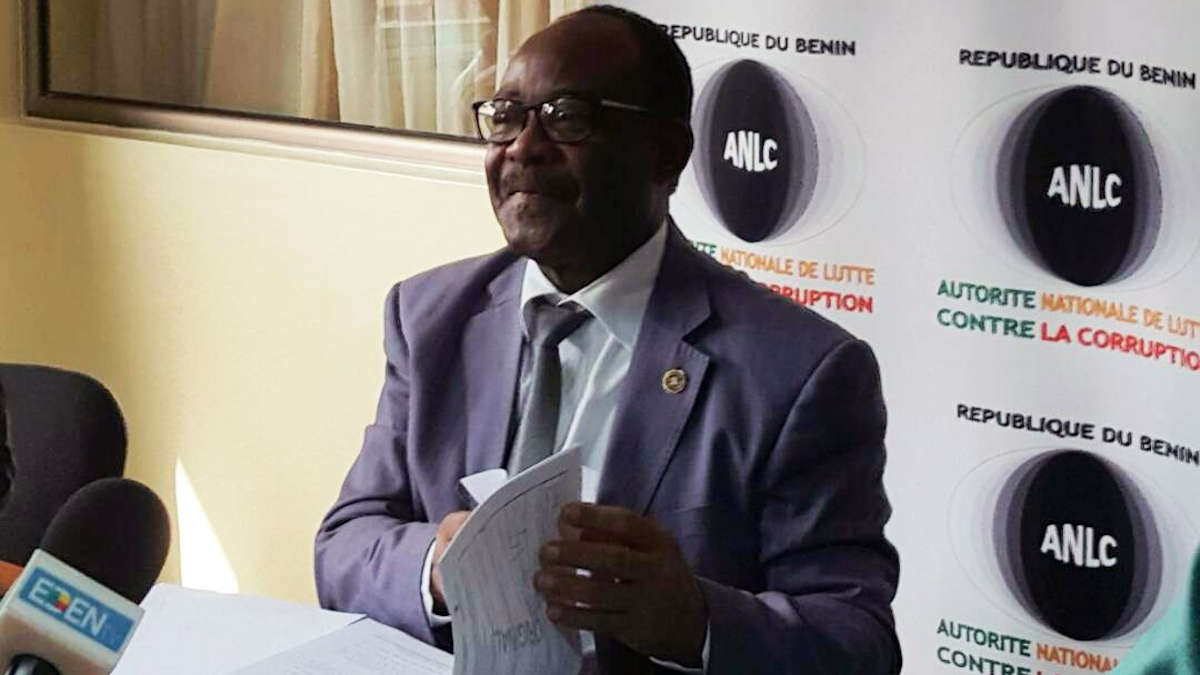
Benin’s electoral register has been declared “credible, reliable and viable” by a team of international experts, following a comprehensive audit whose preliminary findings were unveiled on Tuesday, August 5, in Cotonou.
During a press briefing, the head of the audit mission, Congolese expert Ronsard Malouda Ngimbi, presented the conclusions on behalf of the four-member team.
Jean-Baptiste Elias, chairman of the audit’s steering committee, also took part in the session, highlighting the thoroughness and transparency of the process.
The audit team praised the dynamic and ever-evolving nature of the electoral register, noting that although the data continually changes, the system is structured in such a way that a clear and compliant snapshot can be accessed at any given time.
“This system allows for a credible extraction of voter data, even though a fixed version becomes outdated quickly,” said Ngimbi. He emphasized the system’s resilience and its ability to uphold electoral integrity through consistent updates.
The audit, which focused on three interconnected databases—the National Register of Natural Persons (RNPP), the National Civil Status File, and the electoral database extracted on July 26—was designed to assess the legality, functionality, and technical robustness of Benin’s voter registration framework.
The National Agency for the Identification of Persons (ANIP), central to the electoral process, has already begun incorporating some of the auditors’ technical recommendations. These include adjustments aimed at improving the removal of deceased individuals, management of nationality status, prevention of duplicate entries, and treatment of foreign voters.
Auditors conducted field investigations in several locations, including Cotonou, Ouidah, Allada, and Tori-Bossito. These visits included meetings with local officials, ANIP staff, and residents to verify data accuracy and collect feedback.
Starting August 6, provisional voter lists will be displayed at all polling stations. ANIP personnel will be on hand to assist citizens with verification and handle any complaints.
A final audit report, which will contain targeted recommendations, will be distributed to national institutions, political parties, civil society, and the media. These proposals will address regulatory oversight, transparency, and the importance of public engagement. The experts concluded their presentation with a strong endorsement of Benin’s capacity to hold peaceful, inclusive, and transparent elections based on a solid electoral foundation.



